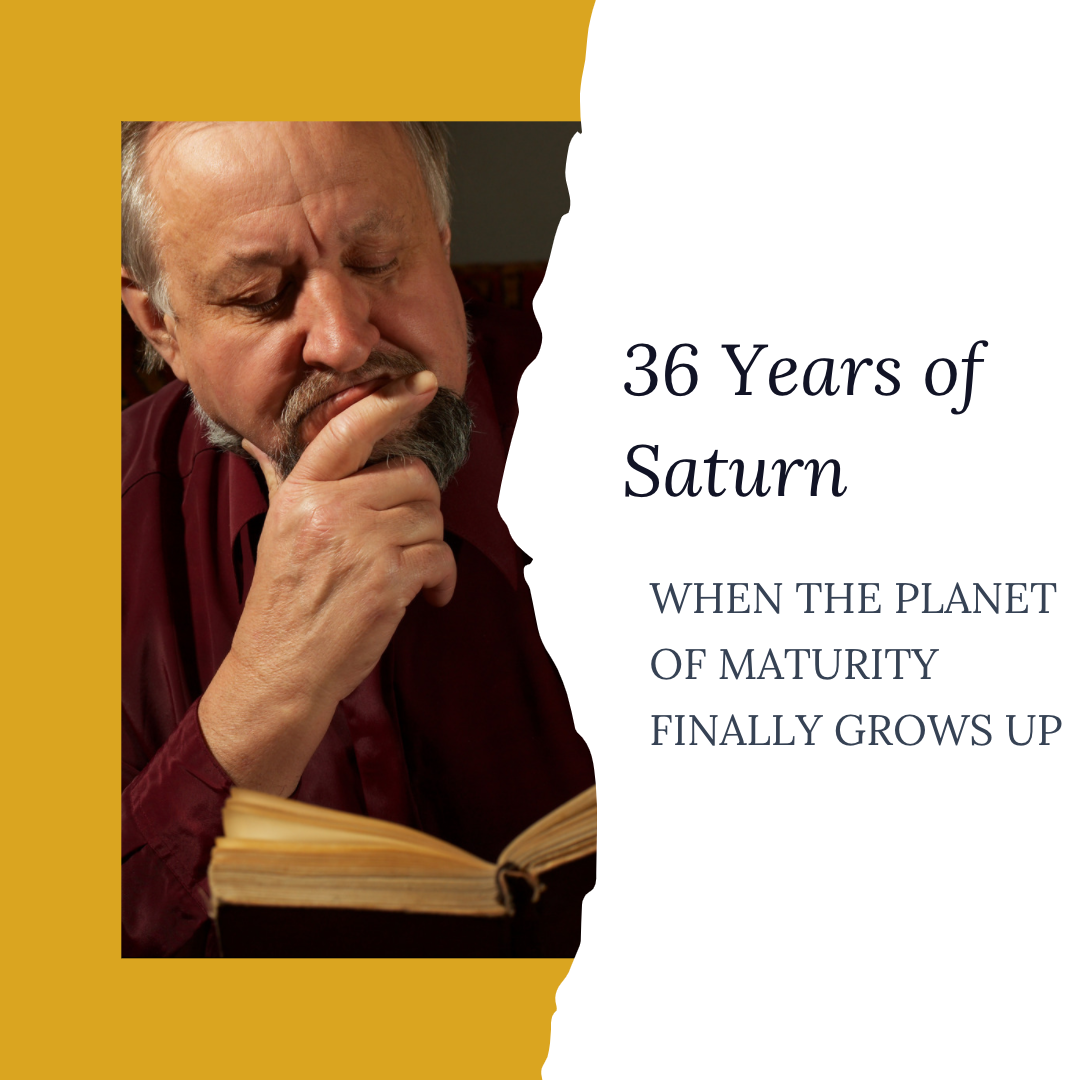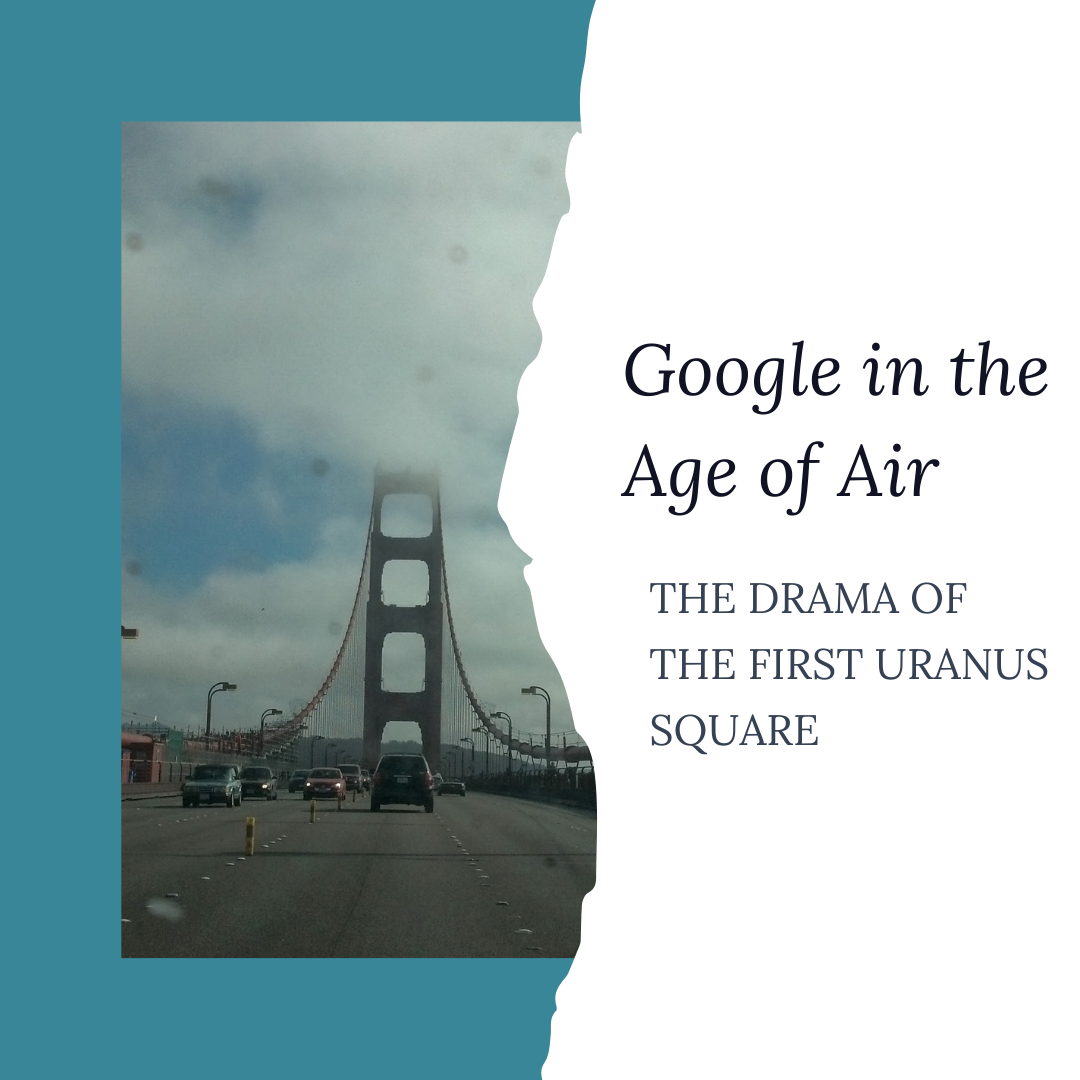What is Astrology Good For? An Outsider Critique of the Dominant Narrative
The greatest gift astrology has to offer this moment is an outsider framework for understanding and critiquing narratives.
I doubt the author realizes it, but The Atlantic’s “How America Fractured into Four Parts” by George Packer builds on and can be read through the lens of an astrological transit that is dominating 2021, the Uranus/Saturn square.
The Uranus/Saturn square is about the clash of opposed forces: tradition and revolution. Saturn, the symbol that represents the authority and commitment to traditional societal structures, is standing against Uranus, the symbol that represents revolution and freedom.
We have been seeing this transit playing out in the streets in the Black Lives Matter movement, the assault on the US Capitol, the farmers’ revolts in India, and resistance to public health measures like mask mandates.
Astrology doesn’t predict which side in these conflicts will win. It only tells us that this is a time for society to be shaken up.
Packer’s article builds on the narrative of the transit by viewing society as divided into two sets of opposed tradition/revolution narratives:
Real (Middle) America vs. Smart (Upper Middle Class Urban) America
Free (Libertarian) America vs. Just (Social Justice) America
The meta-narrative of the article — the story about these four stories — describes an America we all recognize from (social) media.
Like all meta-narratives, however, it is only good at describing the world contained within its map.
Packer’s story misses the wanderers, the people on the margins, the people who have moved between these groups and now belong to none of them.
I am one of those wanderers. I was born in Real America to parents with the foresight to see that world was dying. My parents knew the future for me lay in one of the other groups. They sent me to a Smart America high school and told me to go to college.
My parents didn’t really know how to get into Smart America. While my classmates studied with tutors for the SATs and clocked hours in extracurriculars, I worked at McDonald’s to buy clothes. No one could figure out why my class rank and test scores didn’t match my intelligence.
I graduated from a mid-tier school in 2009 and couldn’t convince anyone to give me an unpaid internship because all the available seats went to people still in school, at schools that gave them credit for internships.
I don’t have the education (or the salary) for Smart America. I’m overeducated for Real America or the libertarians.
But I can’t stand with Just America, either. I know that Real America isn’t the bastion of privilege Just America seems to think it is. I know that fight isn’t the real fight Just America should be fighting. It’s a distraction keeping them from dealing with real systemic issues.
What am I? I am what Kathleen Norris, another person who doesn’t belong to any of these groups, calls the Necessary Other.
The Necessary Other stands outside the narrative. There is no need for critique. The simple existence of the Necessary Other shatters the narrative.
…As long as the Necessary Other is visible.
And that is the challenge, convincing the algorithm to see us filling the margins with outsider stories, the messy marginalia pulling the eye away from the neat, official, printed text.
Like an astrologer with a graduate degree critiquing an article in The Atlantic.










